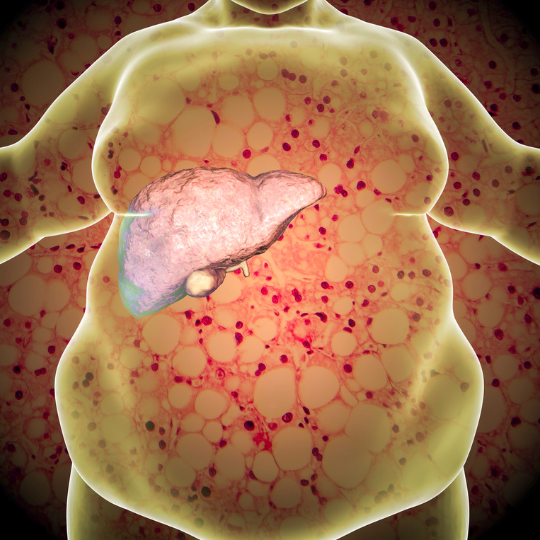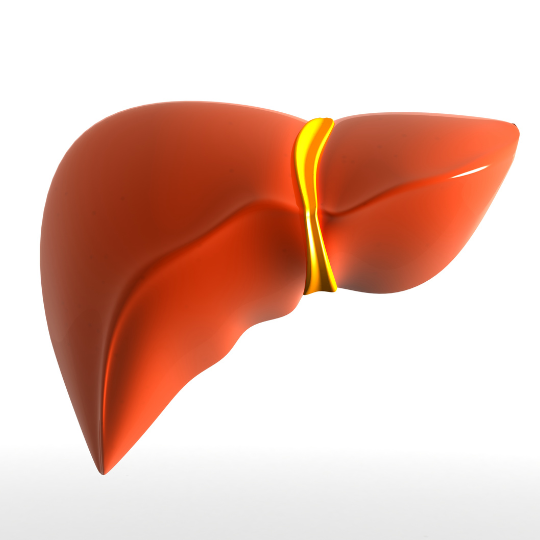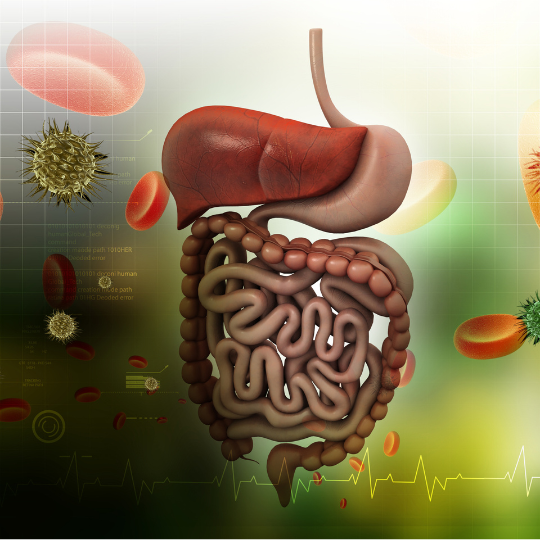Next in line for our antioxidant guardians, superoxide dismutase (SOD) is an enzyme that plays a crucial role in the human body’s metabolism and antioxidant defense system. It is responsible for converting the highly reactive superoxide radical into less harmful molecules, such as hydrogen peroxide and oxygen, thereby protecting cells and tissues from oxidative stress.

There are three isoforms of SOD, each with its own unique structure and function:
- SOD1, found primarily in the cytoplasm of cells and encoded by a gene located on chromosome 21, is made up of copper and zinc atoms
- SOD2, located in the mitochondria, the energy-producing organelles found within cells, is made up of manganese atoms
- And finally, SOD3, found in extracellular fluids, such as blood and lymph, is made up of copper and zinc atoms, as SOD1
The respiratory chain, the electron transport chain, and the pentose phosphate route are just a few of the pathways in which the SOD enzyme is essential. The generation of energy within cells and the preservation of typical cellular function depend on these mechanisms.
What affects SOD activity?
There are several genetic predispositions that can affect SOD’s antioxidant role in the body, including single nucleotide polymorphisms (SNPs) in the SOD1, SOD2, SOD3, SIRT1, ATOX1, and ATP7A genes. These SNPs can lead to an increased risk of oxidative stress and related diseases, such as cardiovascular disease, diabetes, and neurodegenerative disorders; so you may want to check them.
And what can you do about it?
To address these genetic predispositions, there are a number of lifestyle and nutrition interventions that can be effective in regulating the antioxidant impact of SOD. These include increasing intake of antioxidant-rich foods, such as fruits, vegetables, nuts, and seeds and avoiding tobacco and alcohol consumption. Additionally, There are also several supplements that may be useful in regulating the antioxidant impact of SOD:
- Vitamin C for example has potent antioxidant properties and has been shown to increase SOD activity in the body
- Vitamin E and Coenzyme Q10 have also been shown to increase SOD activity and protect cells from oxidative stress
- Selenium is a cofactor for SOD and is necessary for its proper function
- And finally, cantaloupe juice concentrate and apple polyphenols have been shown to increase SOD levels in several human trials

But first..
Check your SOD activity and genetic predispositions. Of course, there is nothing wrong in supplementing with the above mentioned nutrients, but you want to be smart about it.
- On one hand, any excess can cause health issues as the body stresses out to keep things in balance
- Plus you may want to allocate your supplementation attention in other areas, in case your SOD enzyme is up to speed.
Learn more about our genetic and metabolic optimization approach and get in touch with any questions you may have. We’re here to optimize you!










